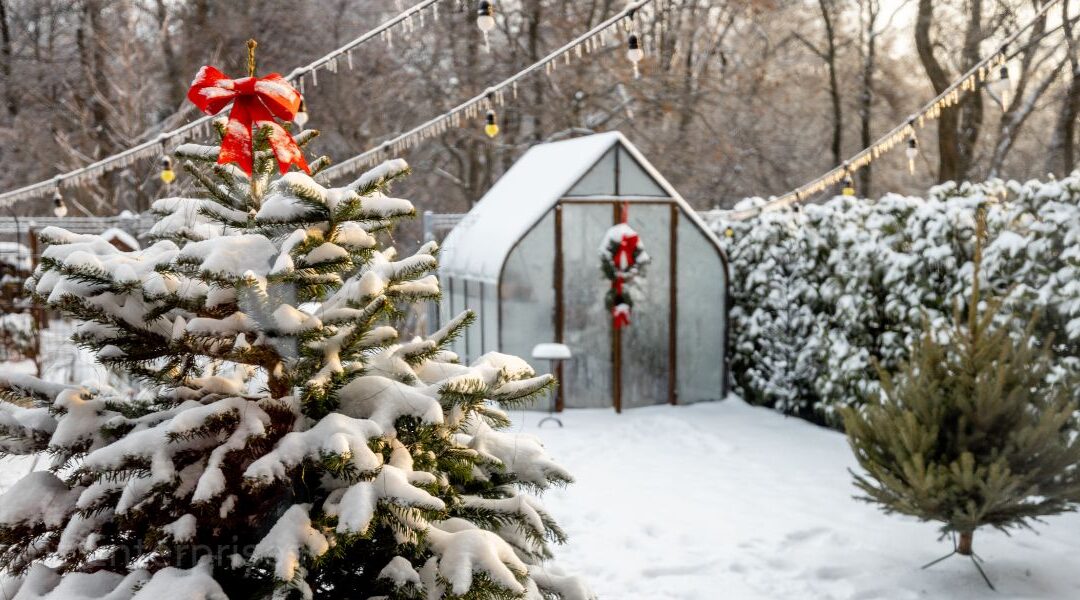While Wintertime in the Pacific Northwest is fairly temperate compared to other areas in the country, it is still necessary to protect your plants and grass during the dormancy period. The good news is that with just a few simple steps, you can help your plants and trees weather winter and emerge stronger and more vibrant come spring.
Read on to learn about the seven tips that can help make your PNW property winter weather ready.
1. Mulch for Protection
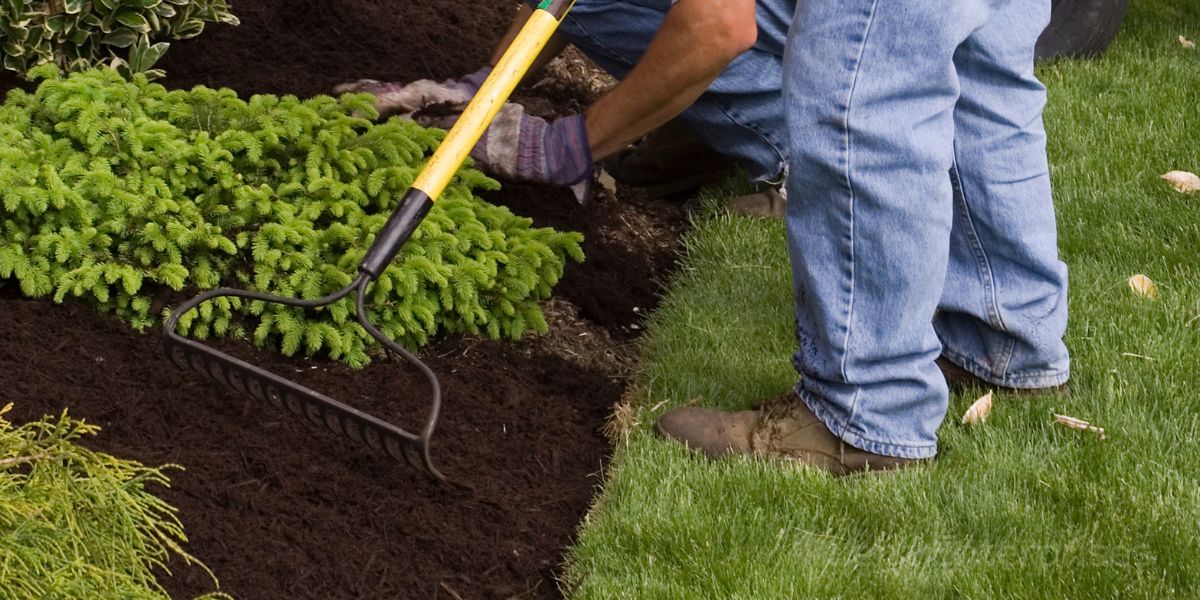
Western Washington typically doesn’t experience months of consistent weather below freezing levels, but there are always a few snow storms and it does drop below freezing at night. To help protect the roots of your trees and perennials, it’s essential to apply a hardy layer of mulch which acts like insulation, protecting roots from the cold temperatures.
By applying a 2-4 inch layer of Lenz Mulch, you’re not just shielding plant roots from the chill—you’re also supporting the health of your soil because it is blended with premium GreenBlenz Compost.
2. Make Use of Fallen Leaves
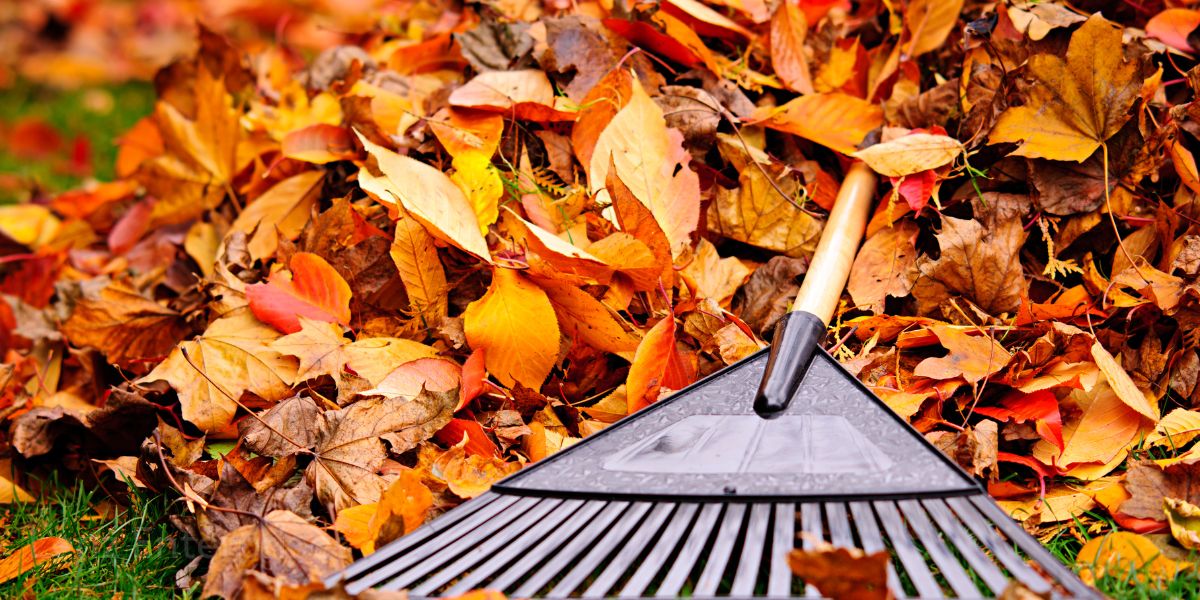
Depending on who you are and what you consider “fun,” corralling leaves might not be your favorite fall activity, but it can do wonders for your garden. Shredded leaves are a free, natural fertilizer just waiting to be put to work. By layering them under mulch, you’ll give your soil an extra dose of nutrients that will break down over time, enriching the soil for healthier plants. Leaves contain valuable nutrients like carbon, nitrogen, calcium, potassium, and magnesium.
These nutrients are critical for maintaining healthy soil structure, improving water retention, and promoting root growth. Shredded leaves also feed earthworms, which are essential for aerating the soil and enhancing its nutrient content. According to NC State University, shredded leaf mulch is one of the best organic amendments for your garden, providing essential micronutrients. For best results, always shred the leaves before layering them. This prevents compaction and allows for faster decomposition.
3. Support Your Fruit Trees
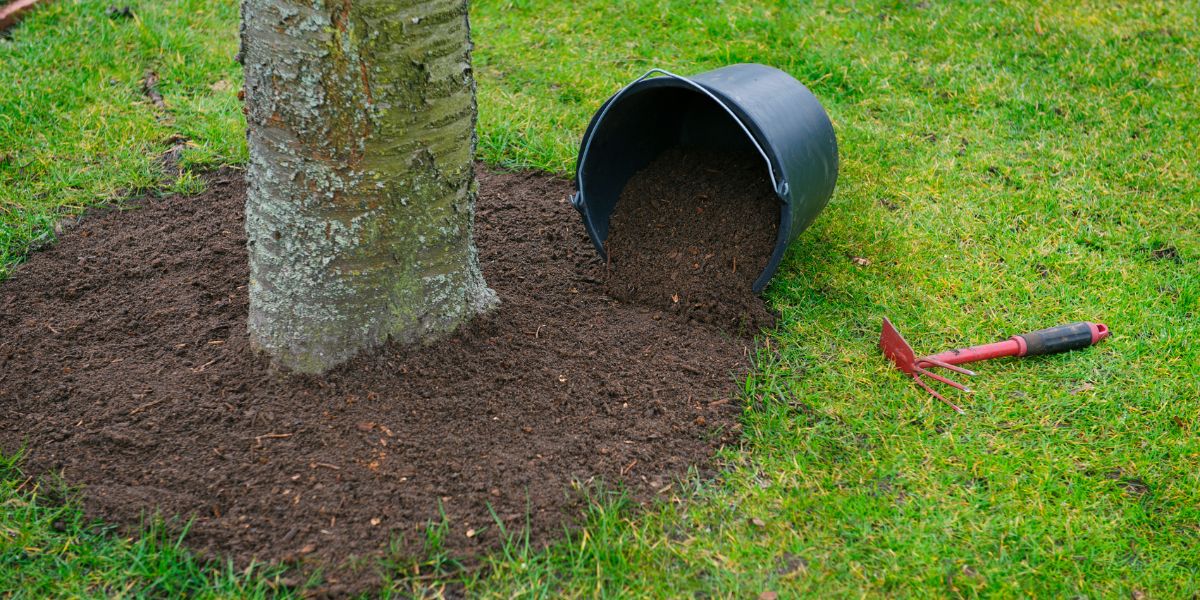
Fruit trees take a lot of work to maintain and they need a little extra love to get through winter. Once the trees are harvested for the season, it’s important to clear away any remaining fallen fruit to prevent pests and insects from building nests that could impact your property. Before the cold sets in, add a generous layer of compost around the base of your trees. This will help microbes and nutrients soak into the soil. Lenz GreenBlenz Compost and GreenBlenz Compost Organic provide soil with vital ingredients to strengthen soil structure and support soil health. It also balances the pH of your soil.
4. Plant Flower Bulbs and Vegetables
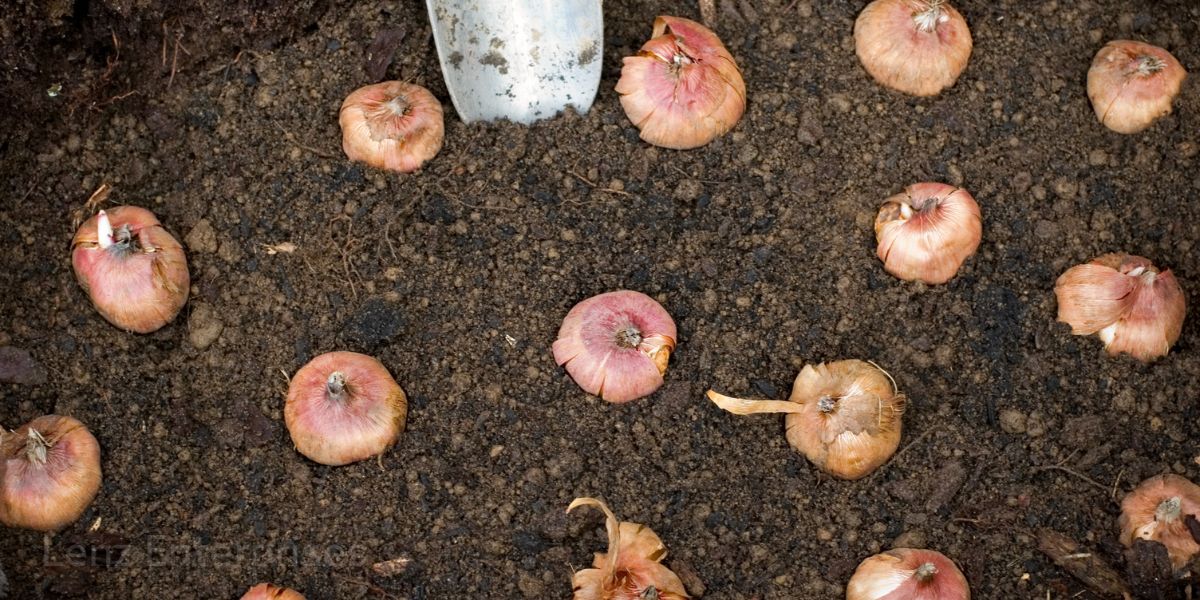
This is the perfect time of year to plant flower bulbs and cold-hardy vegetables, such as tulips, daffodils, crocuses, garlic, and onions. Bulbs store energy in the form of carbohydrates, allowing them to survive winter and burst into life in spring. Planting bulbs in nutrient-rich soil (amended with GreenBlenz compost) helps them absorb the phosphorus and potassium they need for strong root growth and healthy blooming. According to Oregon State University, ensuring bulbs are planted in compost-rich soil improves their chances of thriving after winter.
5. Overwinter Your Potted Flowers
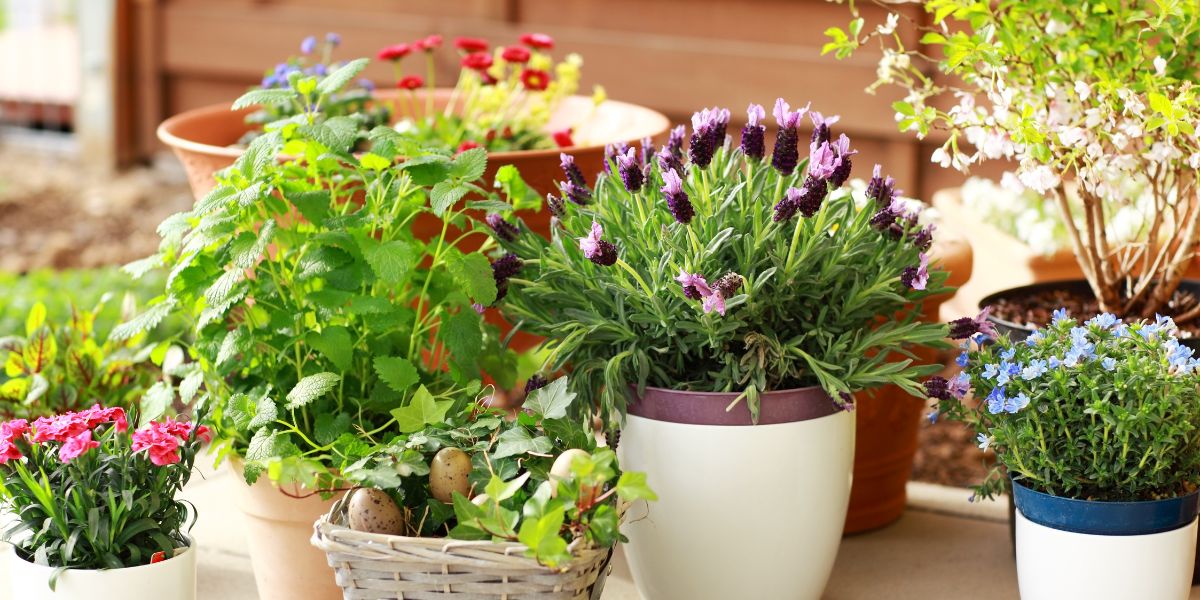
If you’ve got potted plants like geraniums, begonias, or fuchsias, don’t leave them out in the cold. Move them inside where they can continue growing. Small potted fruit trees can also thrive indoors during colder months. Here are three tips to help your plants make the transition:
Timing
Move plants indoors before the temperature dips too low. Tropical plants like begonias, in particular, suffer from sudden cold, so be proactive and bring them inside before the frost hits. Before you do, always check your plants for pests so you don’t infect your houseplants. Cut them back, remove dead leaves, and re-pot them (if needed) using a container larger than the current one to accommodate next year’s growth.
Placement
Choose a location away from cold drafts, vents, and heaters. If space is limited, consider using shelves or hanging pots. If your home has insufficient natural light, your plants may benefit from growing lights.
Plant Care
It’s a good rule of thumb to water less during winter, as even house plants go dormant during winter. Though there are exceptions, check them once a week and water when the soil is dry to the touch. Because it can be drier during winter, increase the humidity if needed by using a humidifier or placing plants in the bathroom. And, be sure to dust the leaves regularly to maximize natural light absorption.
With these simple steps, your plants will thrive indoors through winter and be ready to return outside once the frost passes.
6. Give Your Lawn a Nutrient Boost
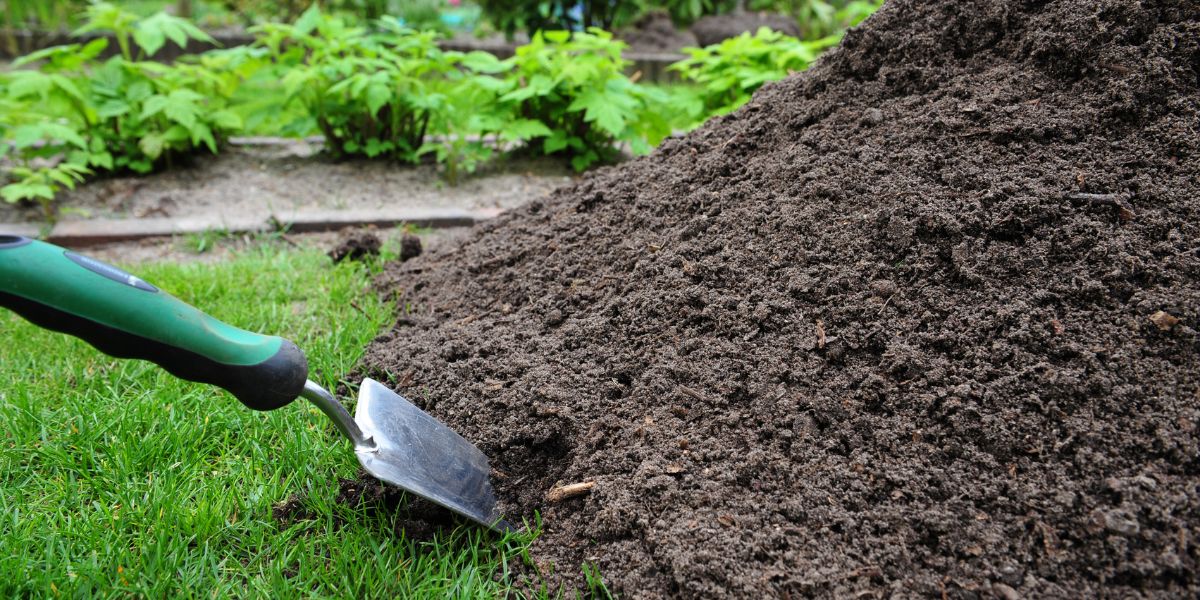
Instead of using chemical fertilizers on your grass, go natural! Apply an even layer of GreenBlenz Compost over your lawn after your last mow to support and improve the health of your grass. As we noted above, compost feeds the soil, improves soil structure, and helps it retain moisture balance so why not spread the love beyond your gardens and boost the health of your whole yard! Compost provides essential nutrients like nitrogen for lush growth, phosphorus for strong roots, and potassium to help your lawn withstand cold and disease.
7. Clean & Sharpen Tools
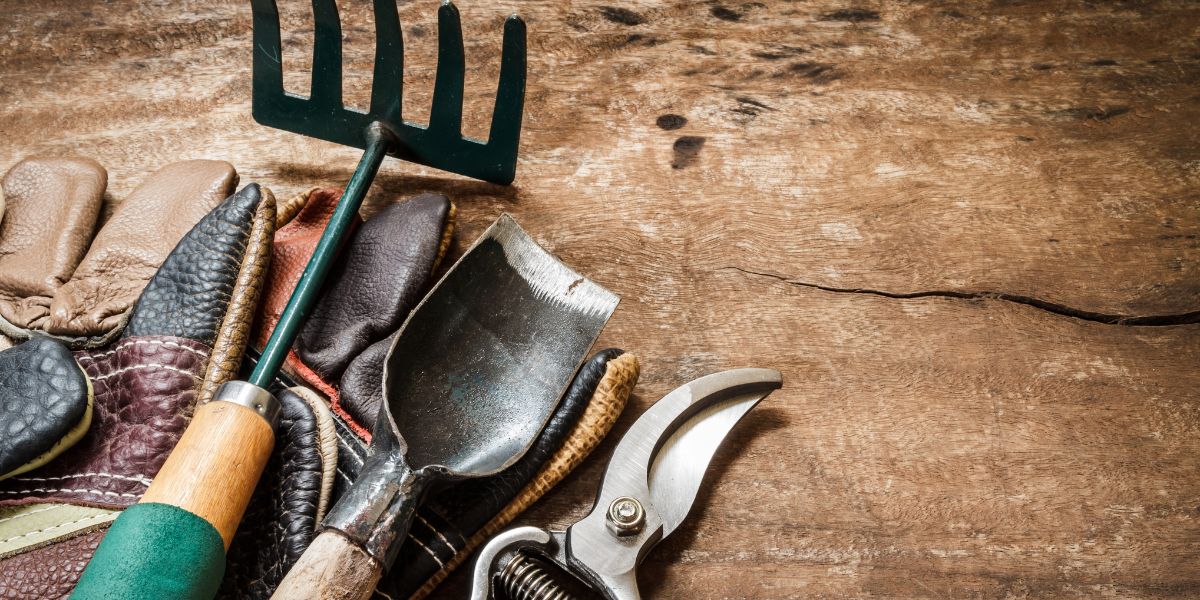
At the end of the season, many of us just toss our garden tools in the shed and lock them up. But rust weakens tools, and dull blades can damage plants by causing ragged cuts that invite disease. Plus, sharp, clean tools make gardening more efficient.
Wash, dry, and oil your tools to prevent rust, and rub linseed oil on wooden handles to prevent them from cracking. Smooth-edged tools can be sharpened at home, but for more specialized tools—like pruning saws—it’s best to take them to a professional.
Spending a little time now cleaning and sharpening your tools before storing them will help extend their longevity.
Thanks for Reading!
These winterization tips will ensure your property is ready to take on winter and emerge stronger than ever in the spring. If you found this article helpful, get to know us by following Lenz Enterprises on Facebook and Instagram. We regularly provide education about soil, compost, and Earth materials, gardening advice and plenty of humor too! If you’re located in western Washington and need soil, compost, mulch, sand, or gravel, give us a call 360-629-2933, we’re here to help.

